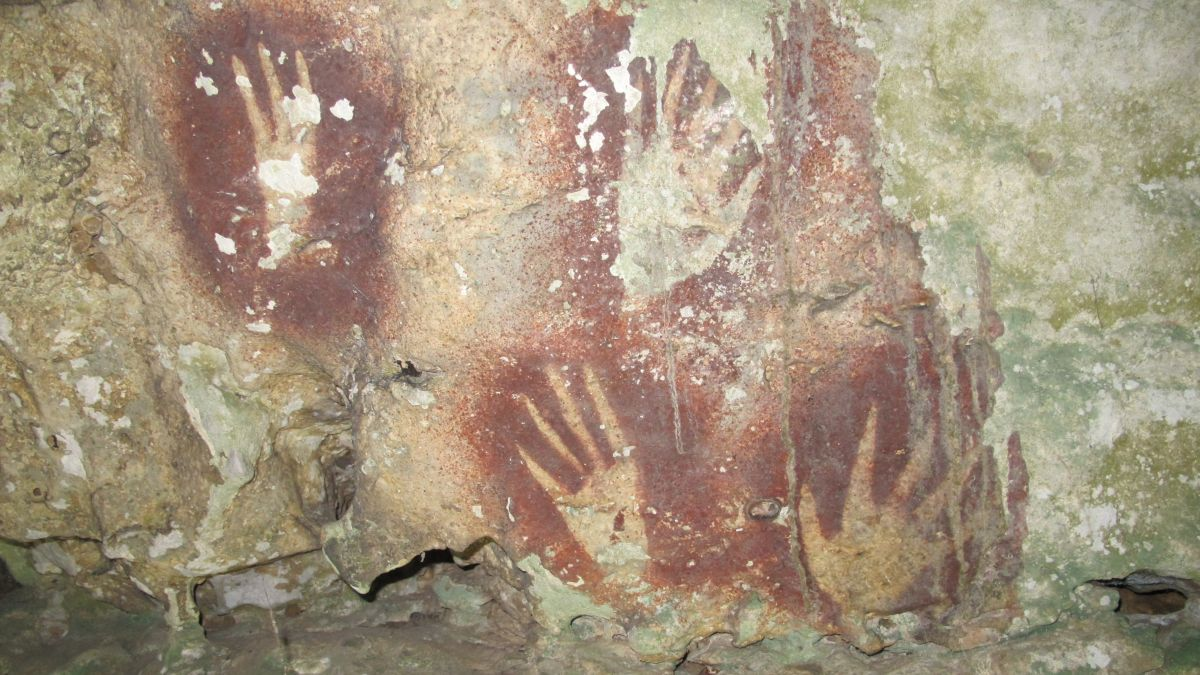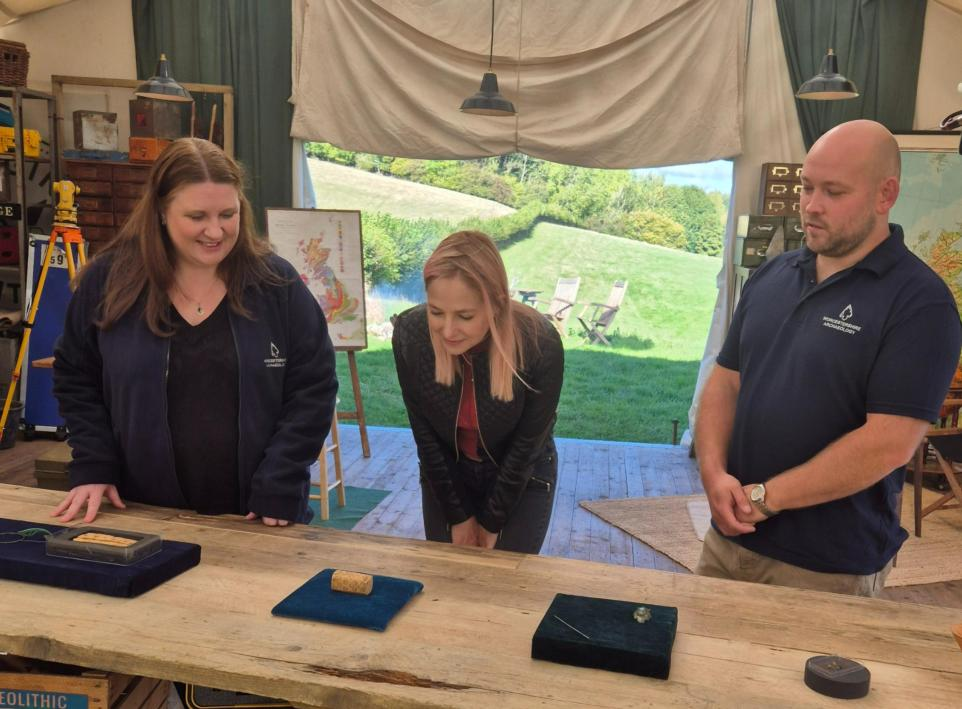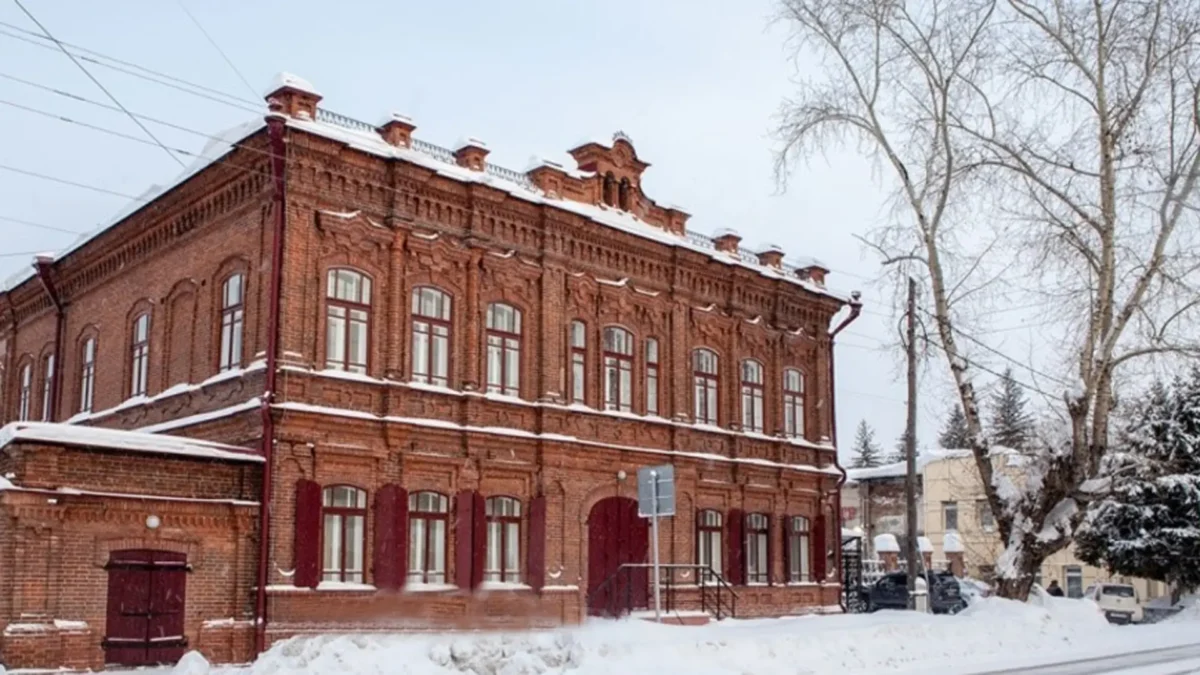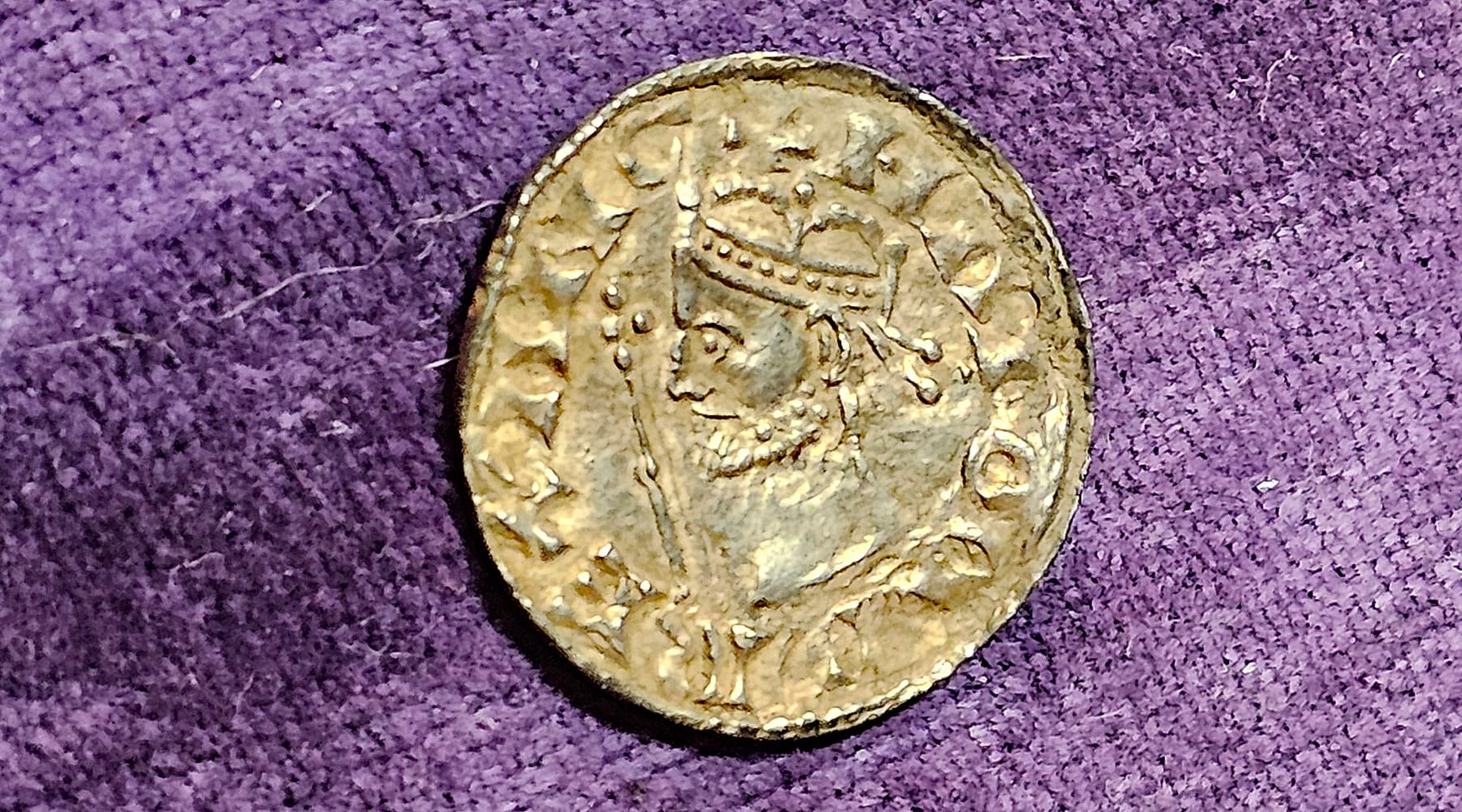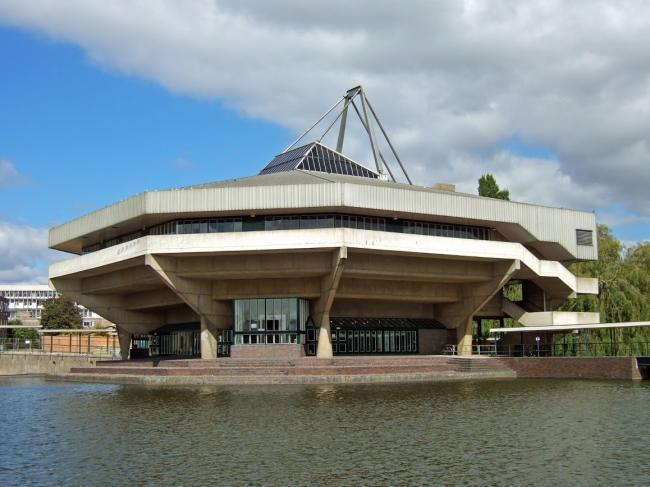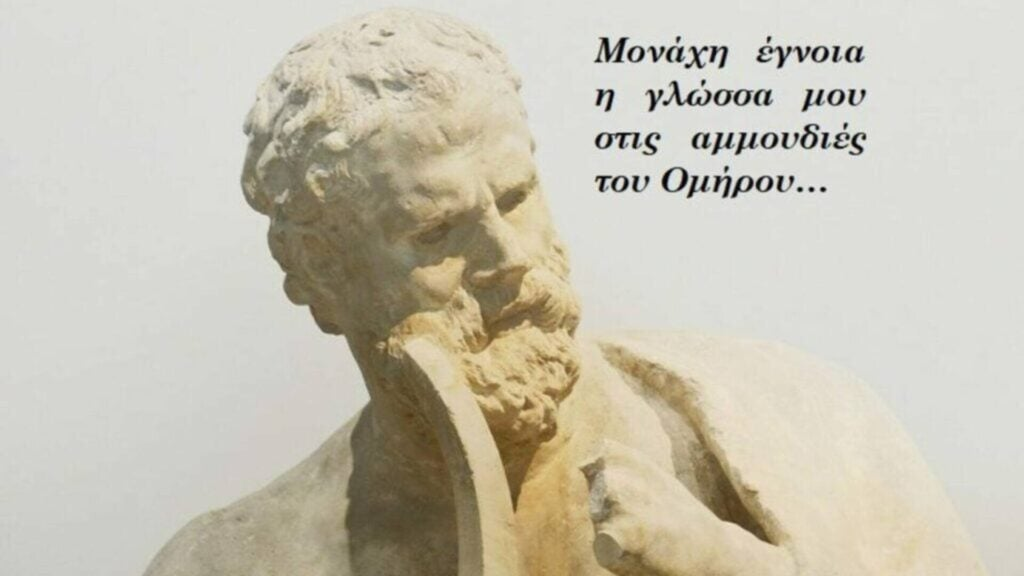The pantheon of Ancient Greece, rich and diverse, is an amalgamation of indigenous myths interwoven with foreign influences. One of the most profound influences on early Greek religion and mythology was the older civilizations of Anatolia (the modern-day region of Asia Minor, Turkey). A striking testament to this intricate web of cultural transmission is the evolution of Apollo, one of the paramount deities of the Greeks. The origins of Apollo, it appears, lie not on the slopes of Mount Olympus but in the ancient cities of Anatolia, particularly in the deity known as Apaliunas.
Appaliunas: An Anatolian Deity
Within the annals of the Hittite archives, a name surfaces that resonates with scholars and enthusiasts of Greek mythology: Apaliunas. This deity was associated with the city of Wilusa, which many scholars identify with the legendary city of Troy (or Ilios in Greek). Apaliunas is explicitly mentioned in a Hittite letter, drawing a clear link between the Anatolian god and what would become one of Greece's most revered deities.
Proto-Forms and Linguistic Evolution
The name "Apaliunas" bears phonetic resemblances to "Apollo," and the linguistic transition from the former to the latter isn't far-fetched when considering the natural evolution of languages and the amalgamation of cultures. This is especially plausible given the close proximity and interactions between the Aegean world and Anatolia.
Homeric Epithet: Λυκηγενης (Lykegenes)
Further cementing the Anatolian connection is Apollo's Homeric epithet Λυκηγενης, which translates to "born in Lycia." Lycia was a region in Anatolia, and this epithet offers a clear geographic link to Apollo's origins. The fact that such an epithet exists and is attached to Apollo underscores the weight of the argument that Apollo's veneration was brought to Greece from Anatolian traditions.
Family Ties: Leto and Artemis
Further reinforcing the Anatolian connection is the background of Apollo's family. His mother, Leto, and twin sister, Artemis, both have strong associations with Anatolia. Leto, known as Lato in Lycian inscriptions, had her primary cult center in Lycia. The ties of Artemis to the region are evident as well, especially with the grand Temple of Artemis at Ephesus, one of the Seven Wonders of the Ancient World.
The tale of Apaliunas and his transformation into Apollo serves as a powerful testament to the intercultural exchanges of ancient times. As civilizations rose, fell, and interacted, their gods, myths, and rituals merged, evolved, and took on new forms. Apollo's Anatolian roots remind us that even the mightiest of gods have diverse origins and histories, shaped by the ebb and flow of cultures and peoples. It is a testament to the universality of human experiences and beliefs and the intrinsic need to understand the divine.



